Role Play: Roleplaying a hero
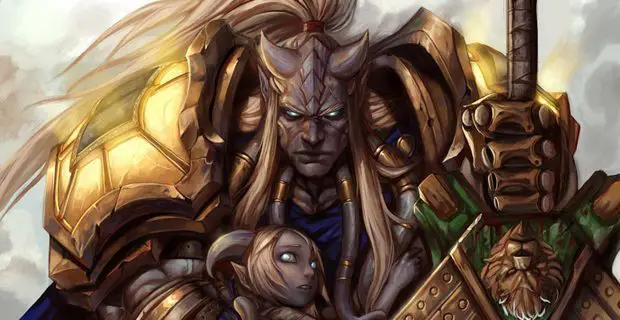
Roleplaying a hero is something that initially sounds easy, but in Warcraft, things are never quite as easy as they seem. We’ve discussed creating villains before, but heroes are a little different — mainly because pretty much everyone that rolls a character in this game is automatically cast as a heroic figure. While you might think that would make the job of developing a convincing hero much less complicated, in fact it actually has the opposite effect.
How do you make your roleplaying character a hero, if everyone is supposed to be one?
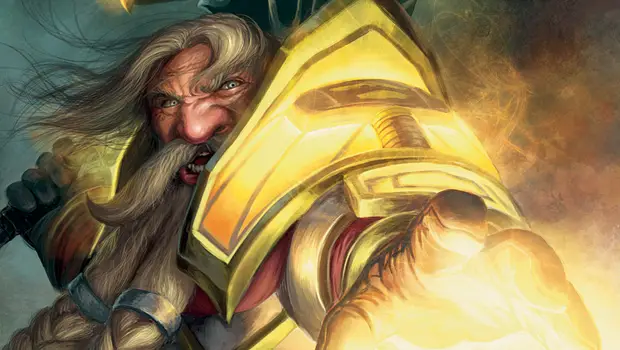
Creating a convincing hero
In fact, it is pretty easy to make a hero — just roll a character. Every character in this game has an automatic back story that gradually sets them up to be one of Azeroth’s greatest heroes, and as you quest, you’re engaging in a constant and steady stream of heroic deeds. By the time you reach the level cap, you’ve got an impressive resume of daring deeds and do-gooding, right? Not quite. A character like that is a character that literally anyone can play…which means that it doesn’t exactly score high in the “is this believable” department.
If you’re creating a roleplaying character, typically you want to give them some kind of back story that gives them a reason for going out in the world. In the case of a hero, you want to give them a reason or motivation for helping other people out. You could argue that it’s simply the nice thing to do, but even then, there’s more to be explored there — sure, it’s the nice thing to do, but what is it exactly that made your character nice to begin with?
Was it their parents? Was it a friend or a role model? Was it some kind of life-altering event that made them realize there was more to the world than simply setting up shop in one of the major cities? What made them choose to be a hero — did they actually choose to be one, or was it something they were drawn to, either willingly or unwillingly? What keeps them from setting down their weapons and simply walking away? Why, when they wake up in the morning, do they immediately jump to the task of helping other people out?
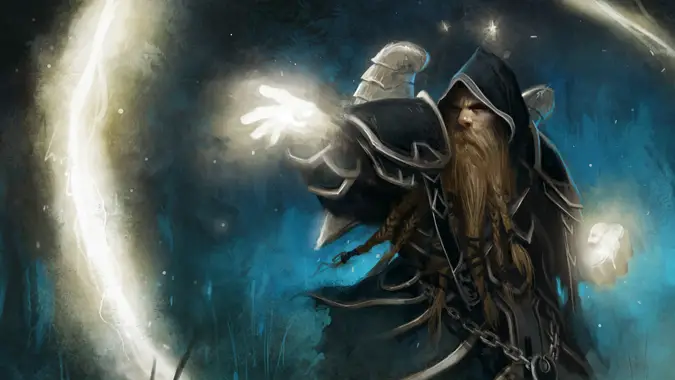
Common pitfalls and character tropes
Villains are almost a stereotype in Warcraft, and it’s incredibly easy to fall into standard villainous tropes when you’re developing that kind of character. What most people don’t realize it that it’s just as easy — maybe even easier — to fall into stereotypical tropes when creating a hero. When you ask yourself what a hero acts like, most people have a standardized answer of someone who is strong, kind, protective, generous…the list goes on. A character like this is a character who should be instantly likable and popular, right?
Not so much. While it’s fun to play a character who is perpetually good, it doesn’t mean you’re going to be automatically accepted with open arms by the general roleplaying public. While you might be the squeaky-clean ultra-hero, other characters may have trouble relating to yours for that very reason. Part of the fun of roleplay is personal interaction, and those personal moments aren’t always about sunshine and doing what’s right.
And there’s something about perpetually-perky people that can sometimes set other people on edge. A character who never seems to falter, never seems to fail is one that is towing the line dangerously close to being viewed as godmodding. After all, if nothing bad ever happens to your character, if they never fail, it means trying to come up with some kind of conflict or obstacle is almost meaningless because your character will automatically overcome that obstacle. If your character always wins, always comes out on top, there’s not a lot of dynamic gameplay to be had with that character, is there?
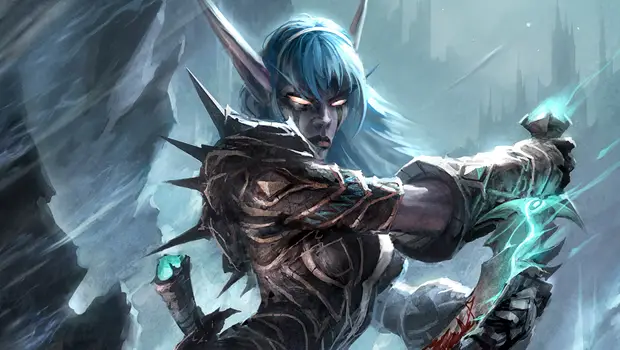
Conflict and character development
A hero is someone who is typically driven to do the right thing — and sometimes being driven to do the right thing leads to failure. Look at Arthas, who devoted himself so relentlessly to eradicating the Scourge that he eventually became the Lich King. Or Kael’thas, who was so concerned with saving his people from their addiction that he walked straight into the fel-tainted arms of the Burning Legion. That’s one thing that can automatically make a hero interesting — they’re just a step or two away from becoming a villain themselves.
And a hero doesn’t necessarily have to win, either. Often times, it’s better to let them lose, because losing only drives them to try harder. And losing a fight creates the kind of internal struggle that keeps a character interesting — does losing make them angry? Does it make them question who they are? Does it make them want to just walk away or does it make them want to try harder? How do any of the above reactions affect the people around them?
The other type of hero that can be fun to play is the antihero — a heroic character who doesn’t embrace any of the typical ideals people associate with a heroic figure. Maybe they’re a coward at heart, maybe they’re consistently doing the right thing, but not necessarily for the right reasons. Maybe they don’t actually want to be a hero at all, they simply keep finding themselves in situations where heroics are necessary. Maybe they’re resentful of that, or maybe they view the whole thing as some kind of bizarre cosmic joke, but they can’t help playing the part of the hero, because apparently, that’s what the universe intends for them to be whether they like it or not.
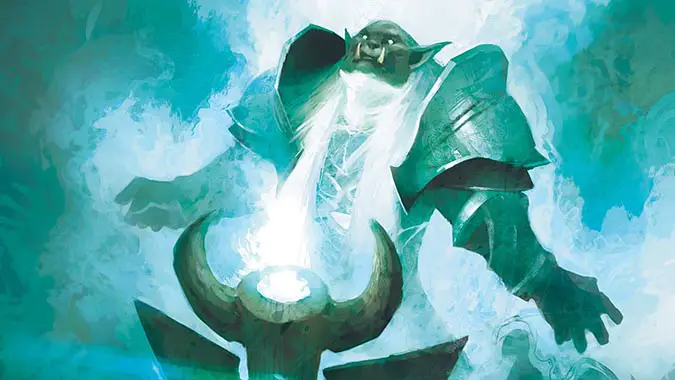
When you’re playing a heroic character, remember that a hero is far more than the heroic deeds they carry out. Sure, you might have a laundry list of favors you’ve done, quests you’ve completed and villains you’ve killed over the course of your leveling lifetime, but that’s not your character, that’s simply what your character has done. The question you want to ask yourself when you’re creating a hero isn’t “What has my character accomplished,” it should be, “Who is my character?”
Other roleplayers can’t necessarily relate to a list of accomplishments. That’s just a thing: it doesn’t have any motivation or meaning in the long run. So when you create your hero, try to keep in mind — both in development and in interaction with other roleplayers — that when it comes to successful roleplay, it’s far less about the heroics, and far more about the heart.
Please consider supporting our Patreon!
Join the Discussion
Blizzard Watch is a safe space for all readers. By leaving comments on this site you agree to follow our commenting and community guidelines.
 @Shadesogrey
@Shadesogrey



